Culture doesn’t live solely behind glass cases and velvet ropes. While museums offer incredible experiences, authentic cultural immersion often happens in markets, neighborhoods, workshops, and community spaces where traditions continue to thrive. These activities connect you directly with local customs, crafts, and daily life.
The world’s richest cultural experiences frequently unfold in the most unexpected places. Here is a list of 18 cultural activities that bring you face-to-face with living traditions without setting foot in a single museum.
Street Food Tours
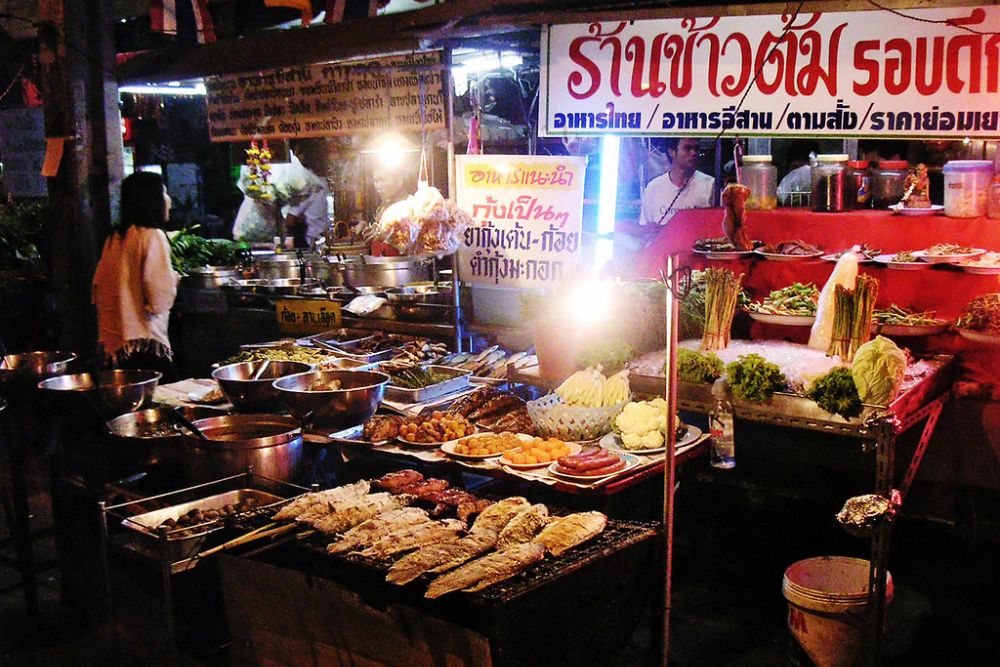
Local markets and food stalls serve as cultural classrooms where recipes passed down through generations tell stories of migration, trade, and adaptation. Vendors often share the history behind their dishes while you taste flavors that define entire regions. Bangkok’s floating markets, Istanbul’s spice bazaars, and Mexico City’s street corners offer lessons in culture that engage all your senses.
The informal atmosphere encourages conversations that reveal far more about local life than any museum placard ever could.
Traditional Craft Workshops
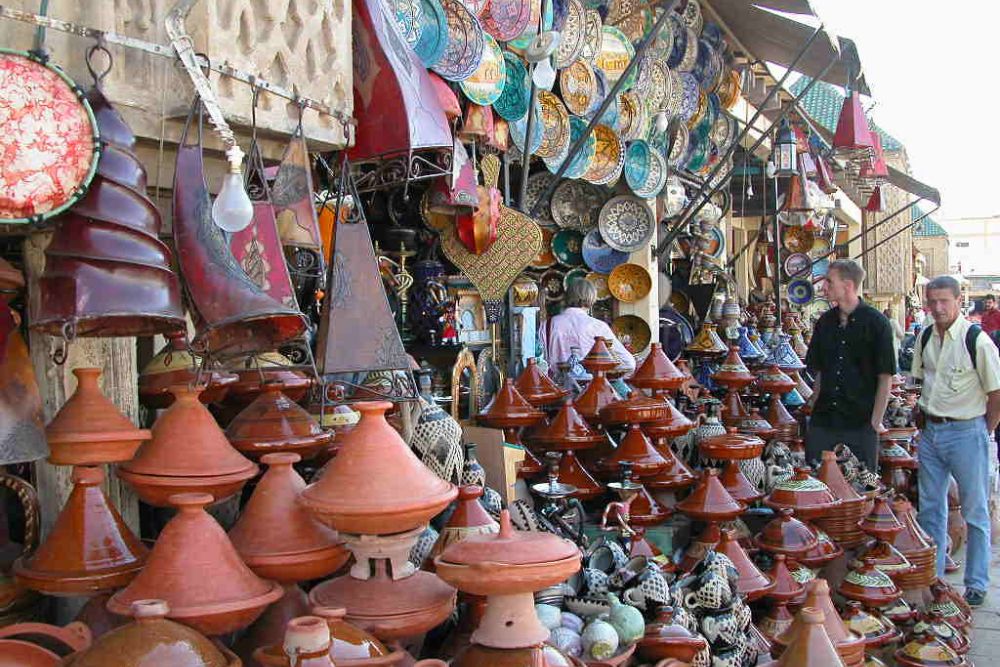
Learning pottery in Morocco, weaving in Guatemala, or woodcarving in Japan provides hands-on insight into skills that have shaped communities for centuries. Master craftspeople often work from family studios where techniques remain unchanged despite modern pressures. These workshops reveal the patience, precision, and cultural significance behind everyday objects.
Your clumsy first attempts create genuine connections with artisans who appreciate your interest in preserving their traditions.
Like Travel Pug’s content? Follow us on MSN.
Religious Ceremonies and Festivals
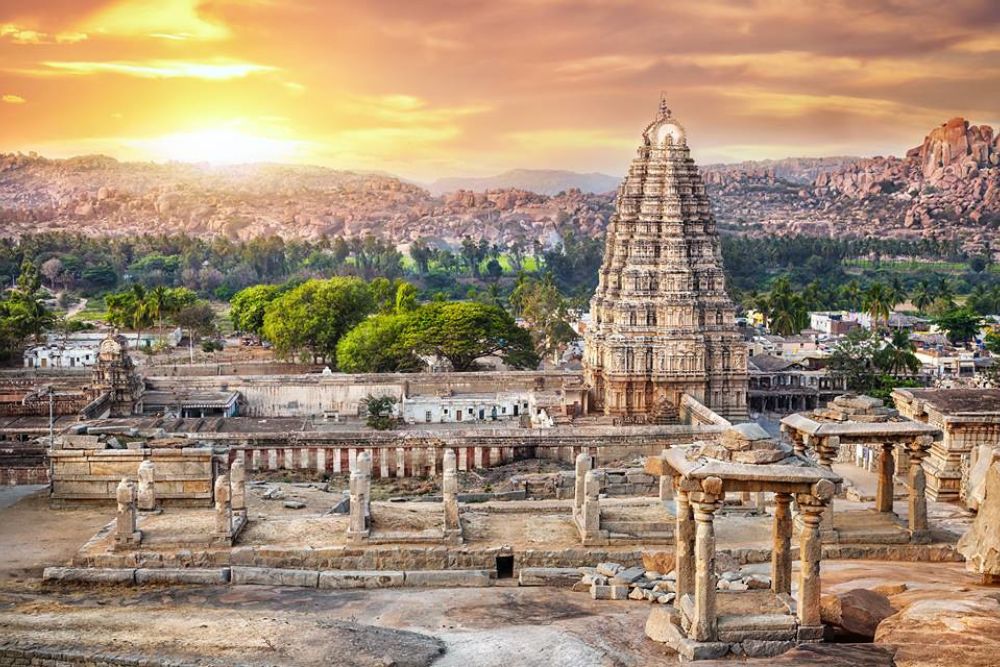
Public religious events welcome respectful observers and offer glimpses into beliefs that guide entire societies. Hindu temple ceremonies in India, Buddhist monastery rituals in Tibet, and Christian processions in Latin America demonstrate faith in action.
The music, colors, and communal participation reveal values that museums can only describe through artifacts. These experiences require cultural sensitivity, but they provide unmatched authenticity.
Language Exchange Meetups
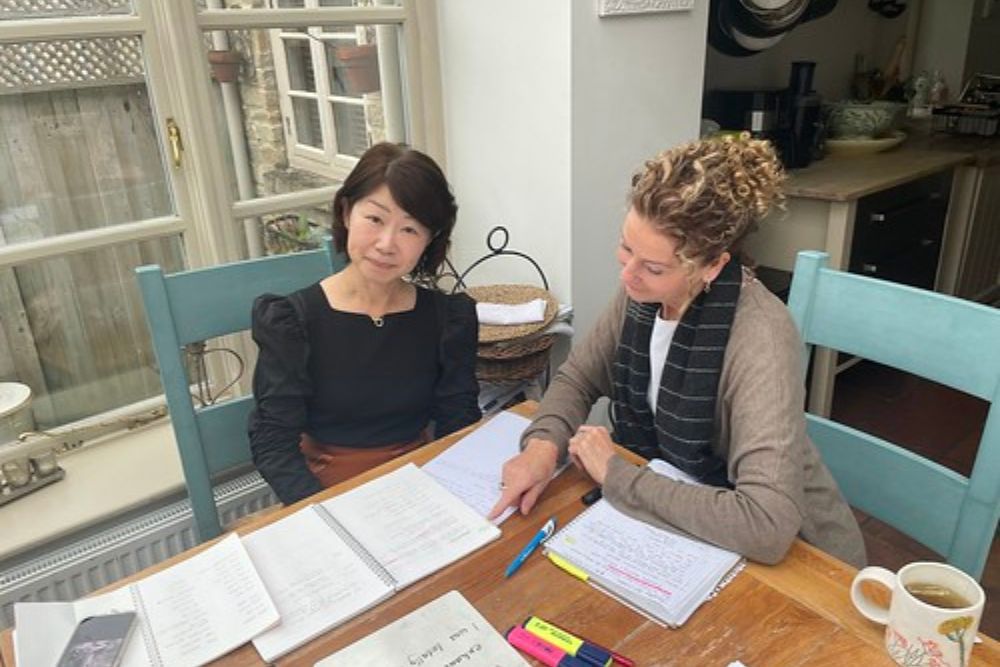
Coffee shops and community centers host informal language exchanges where locals eager to practice English connect with travelers wanting to learn native tongues. These casual conversations reveal cultural nuances that textbooks miss entirely.
Participants share slang, explain local customs, and offer insider perspectives on their cities. Mutual learning creates friendships that extend far beyond vocabulary lessons.
Traditional Music Sessions
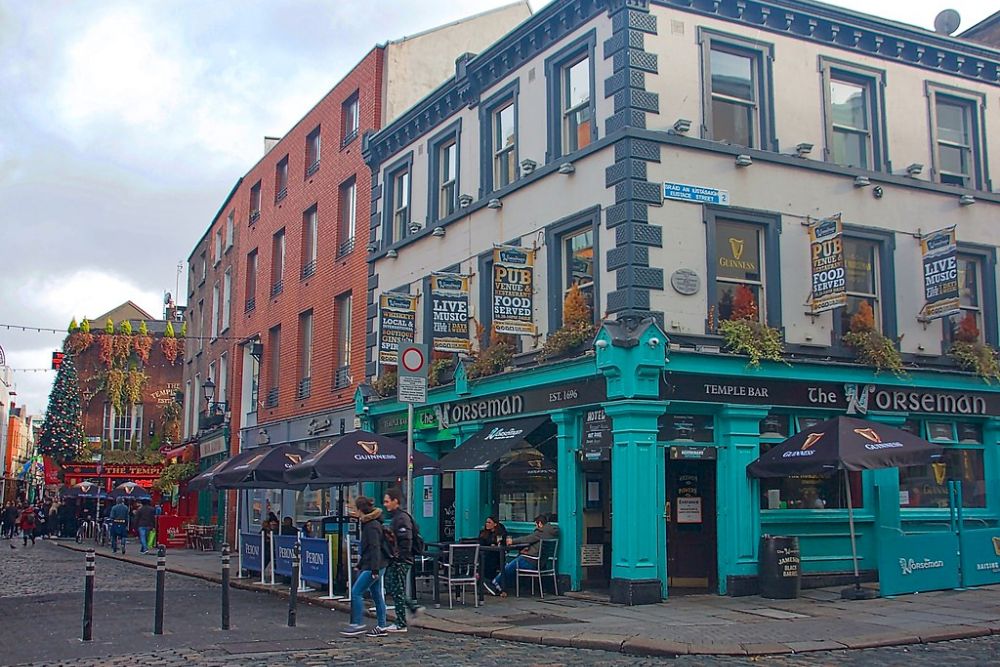
Irish pubs, flamenco bars, and folk music venues host regular sessions where musicians gather to play traditional songs. These aren’t performances for tourists but genuine community gatherings where culture gets passed down through melody and rhythm. Local musicians often invite visitors to join in, creating spontaneous cultural exchanges.
The stories behind songs reveal historical events, social movements, and shared experiences that shaped entire nations.
Like Travel Pug’s content? Follow us on MSN.
Cooking Classes with Local Families
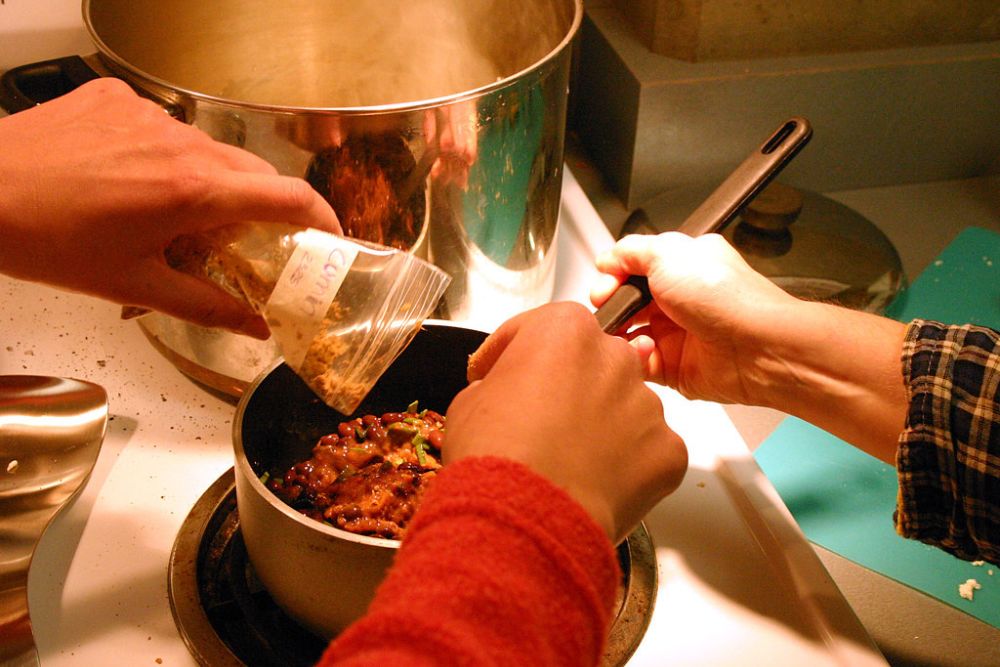
Home-based cooking experiences provide intimate glimpses into family traditions and daily routines that hotels and restaurants never reveal. Italian nonnas teaching pasta-making, Thai grandmothers sharing curry secrets, and Mexican mothers demonstrating tortilla techniques offer cultural education through cuisine.
These classes happen in actual kitchens where families gather, creating authentic connections. The shared meals afterward often include conversations about local customs, family histories, and community life.
Neighborhood Walking Tours
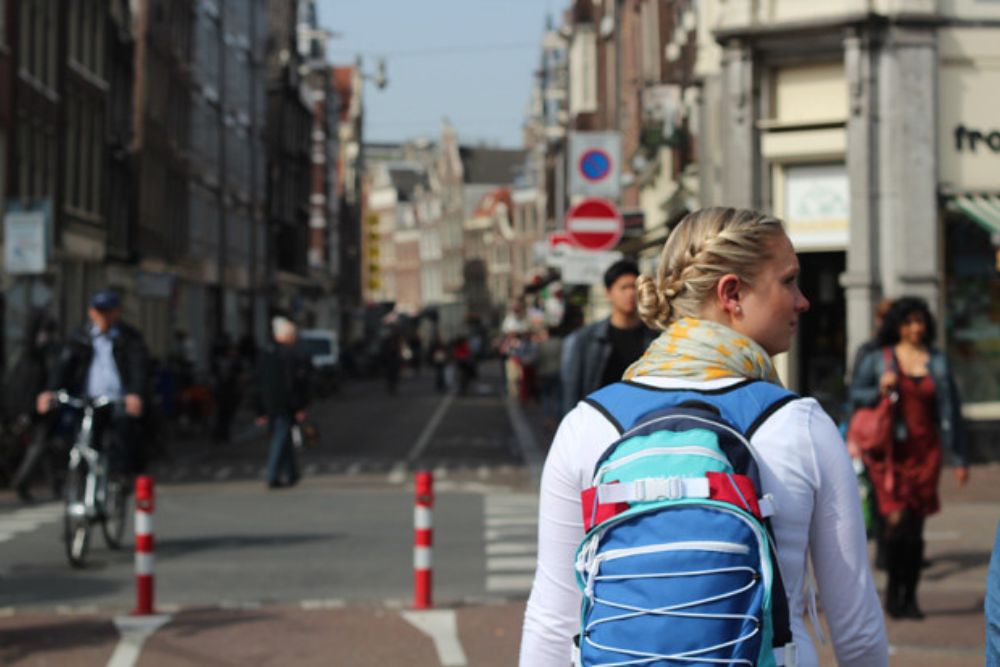
Self-guided explorations of residential areas reveal how people live beyond tourist zones. Local markets, corner cafés, and community centers show daily culture in action. Children playing traditional games, elderly people gathering in parks, and families shopping for dinner ingredients provide glimpses of authentic life.
These walks cost nothing, but offer priceless cultural insights that organized tours often miss.
Traditional Dance Classes
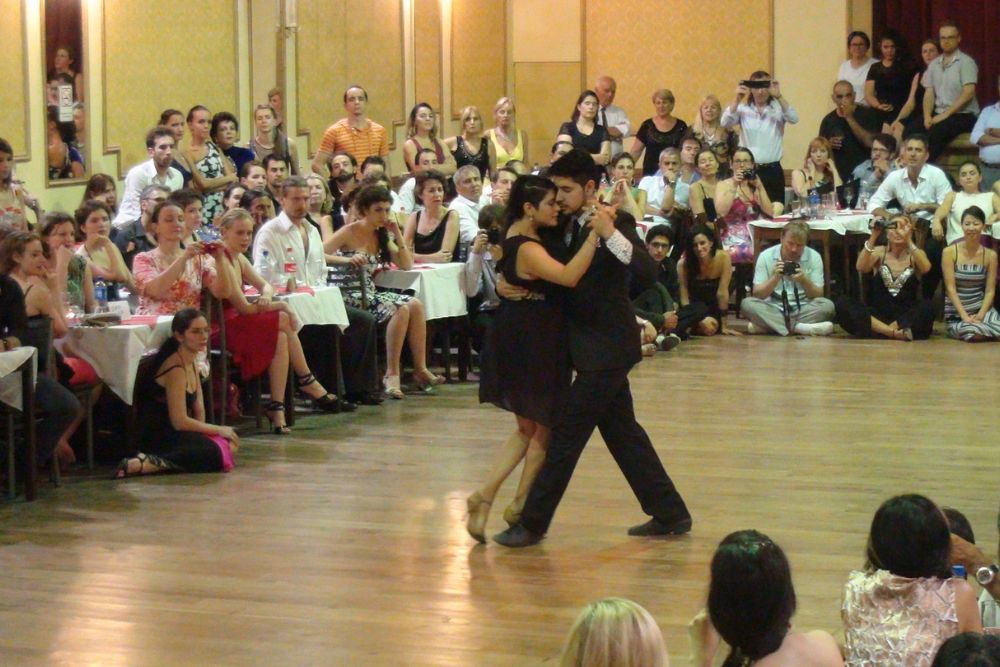
Salsa studios in Cuba, tango halls in Argentina, and folk dance centers throughout Eastern Europe welcome beginners eager to learn cultural expressions through movement. These classes reveal the social aspects of dance, from courtship rituals to celebration traditions.
Instructors often share the historical contexts behind different steps and styles. Physical learning creates deeper cultural connections than passive observation ever could.
Like Travel Pug’s content? Follow us on MSN.
Artisan Markets and Fairs
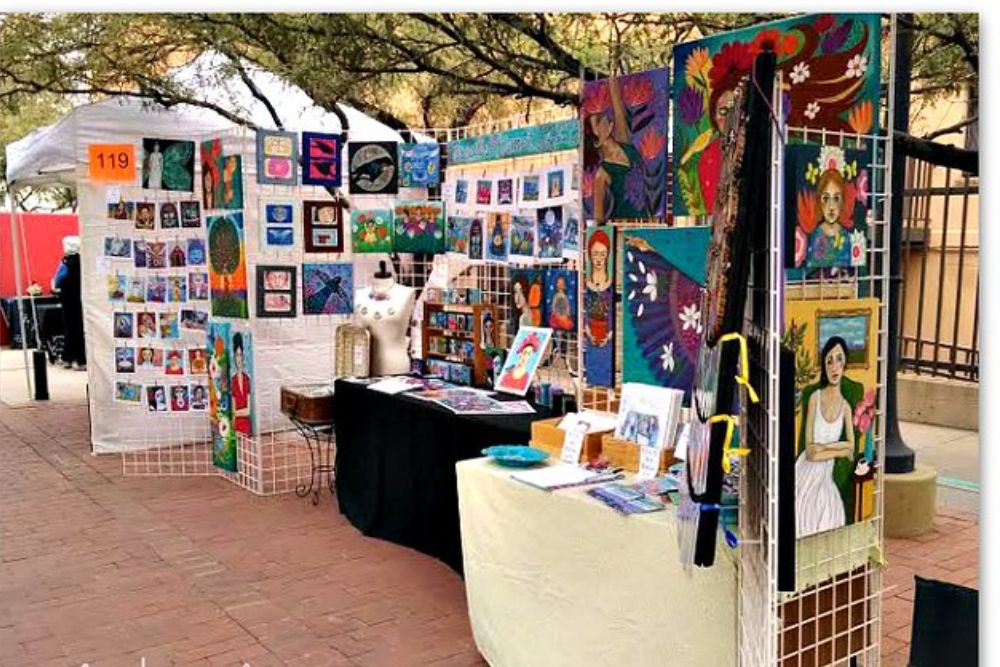
Weekly markets and seasonal fairs showcase living crafts traditions where creators sell directly to customers. Pottery vendors, textile weavers, and jewelry makers often demonstrate their techniques while explaining the cultural significance behind their work.
These markets reveal regional specialties, traditional materials, and design motifs that reflect local identity. The bargaining process itself becomes a cultural exchange that builds mutual respect.
Community Garden Projects

Urban gardens and rural farms welcome volunteers who want to learn about local agriculture and food traditions. These projects reveal relationships between communities and their environments that have shaped cultural practices over generations.
Working alongside residents provides insights into seasonal rhythms, traditional crops, and sustainable practices. The shared labor creates bonds that transcend language barriers.
Traditional Sports and Games
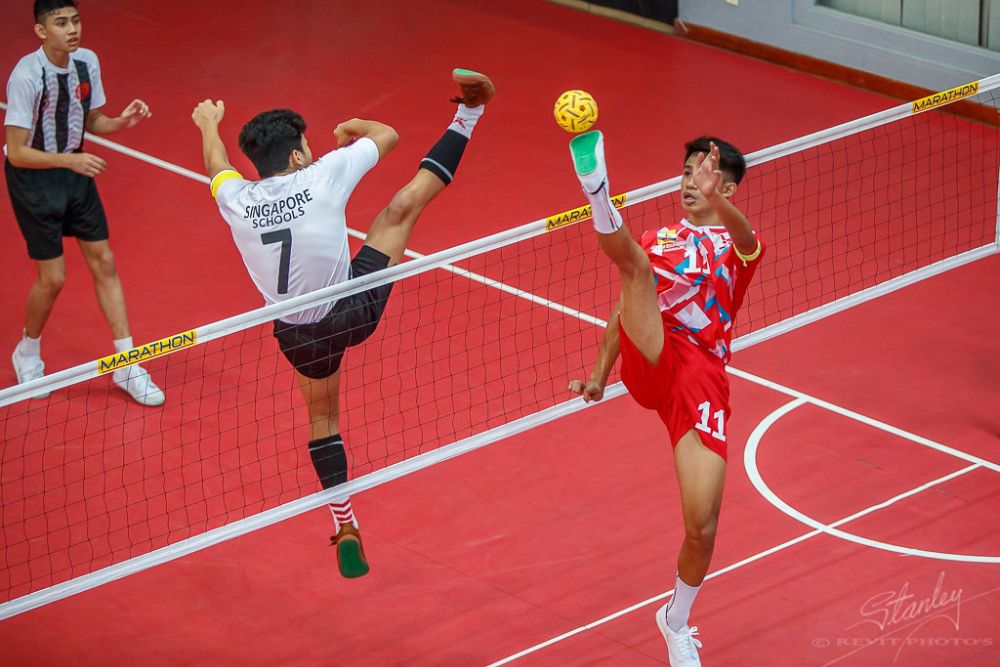
Local sports clubs and community centers offer opportunities to learn cultural games that reflect regional values and traditions. Capoeira in Brazil combines martial arts with music and history, while sepak takraw in Southeast Asia demonstrates incredible athletic skills.
These activities reveal competitive traditions and social customs through play. Participation breaks down cultural barriers more effectively than observation alone.
Like Travel Pug’s content? Follow us on MSN.
Historic Neighborhood Cafés
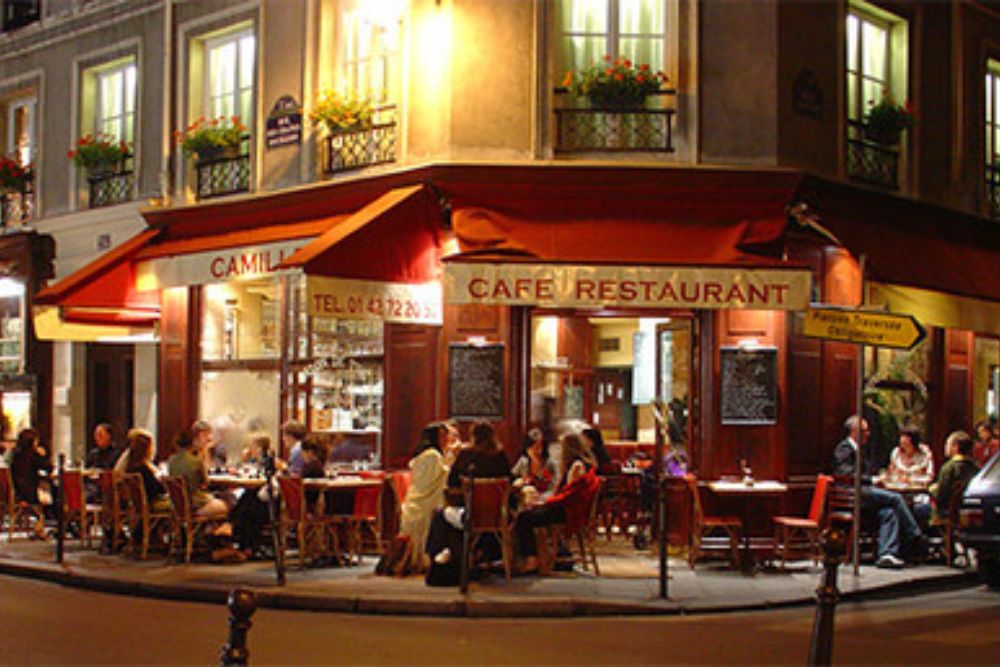
Long-established coffee houses and tea rooms serve as informal cultural centers where locals gather to discuss politics, literature, and daily life. Viennese coffee houses, Parisian bistros, and Turkish tea gardens maintain traditions that span centuries.
Regular customers often include writers, artists, and intellectuals who shape local culture. The atmosphere and conversations provide glimpses into intellectual traditions that define entire cities.
Traditional Clothing Shops
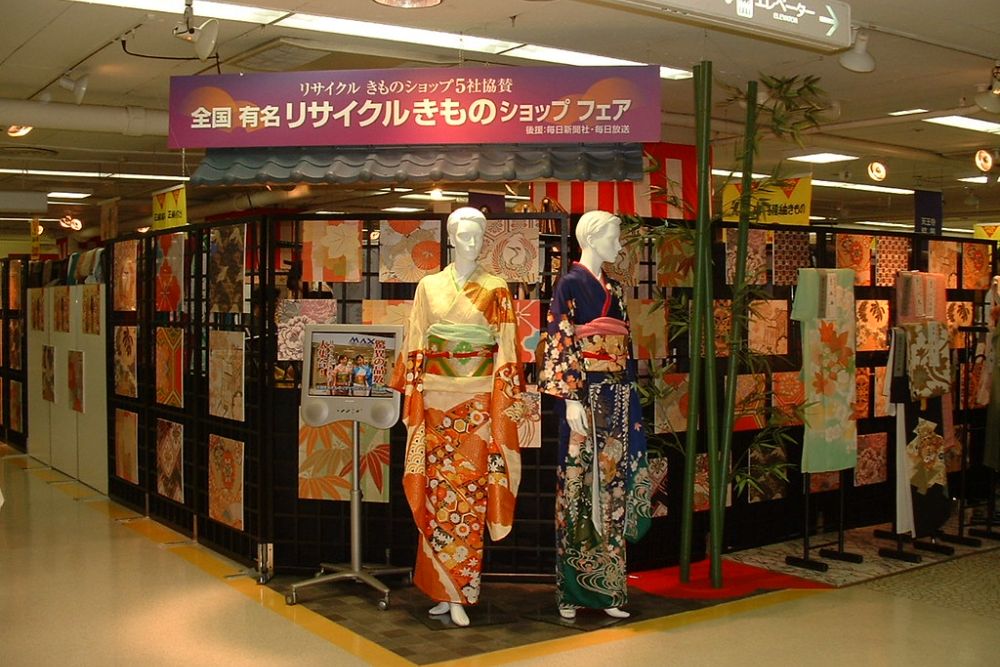
Visiting shops that specialize in regional costumes and traditional clothing reveals the craftsmanship and cultural significance behind distinctive dress styles. Kimono stores in Japan, sari shops in India, and dirndl boutiques in Germany offer educational experiences through fabric, design, and cultural context.
Shop owners often explain the occasions, meanings, and proper wearing of traditional garments. These interactions provide insights into how clothing expresses cultural identity.
Local Transportation Experiences
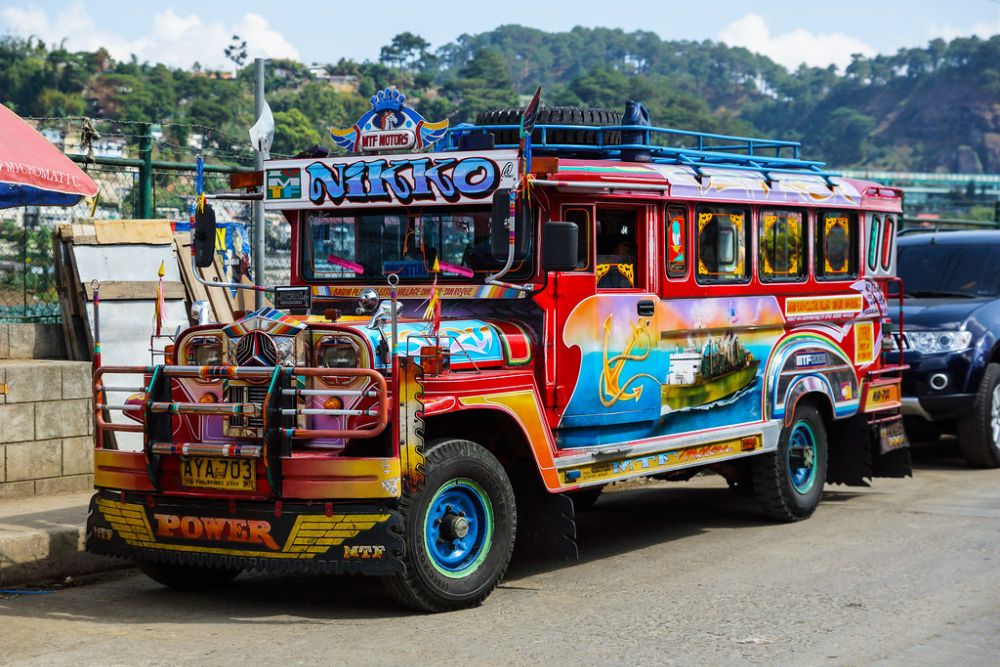
Using traditional forms of transportation offers cultural immersion while serving practical purposes. Tuk-tuks in Thailand, jeepneys in the Philippines, and collectives in Latin America provide mobile cultural experiences. Drivers often share local knowledge, recommend authentic experiences, and offer perspectives on their communities.
The shared journey creates natural opportunities for cultural exchange with both drivers and fellow passengers.
Like Travel Pug’s content? Follow us on MSN.
Street Art and Graffiti Tours
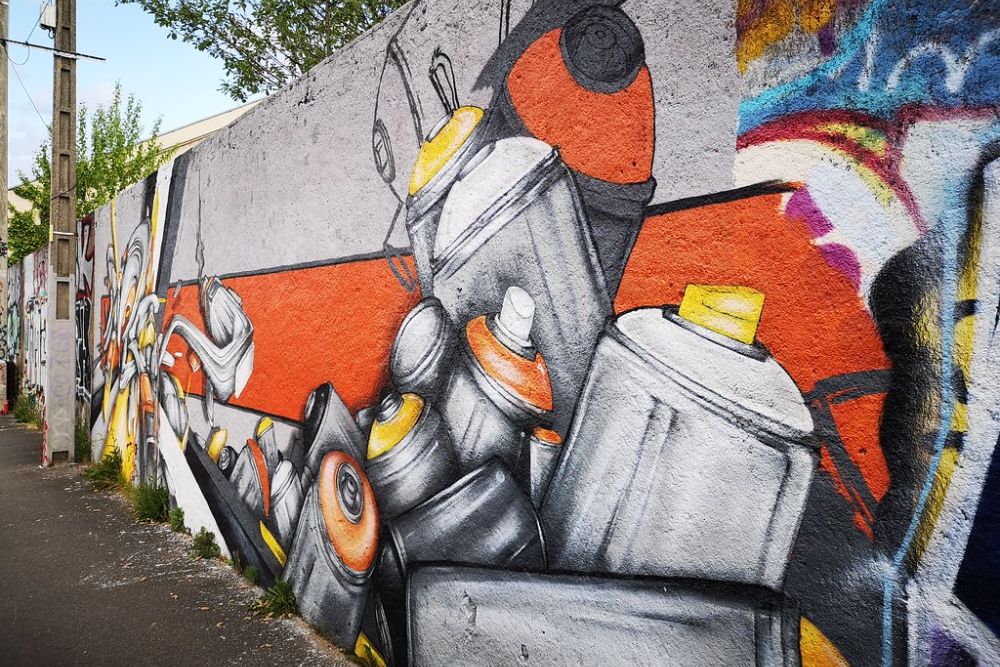
Urban art scenes reflect contemporary cultural movements, social issues, and artistic expressions that museums rarely capture in real time. Self-guided exploration of street art reveals how communities use public spaces to share messages, celebrate identity, and challenge authority.
Local artists sometimes work openly and welcome conversations about their techniques and motivations. These tours reveal a living culture that continues evolving daily.
Traditional Healing Practices

Wellness centers and practitioners offer introductions to traditional medicine systems that remain central to many cultures. Ayurvedic consultations in India, traditional Chinese medicine sessions, and indigenous healing ceremonies provide insights into holistic approaches to health.
These experiences reveal cultural attitudes toward wellness, nature, and spiritual balance. Respectful participation demonstrates the integration of physical and cultural healing.
Community Volunteer Projects
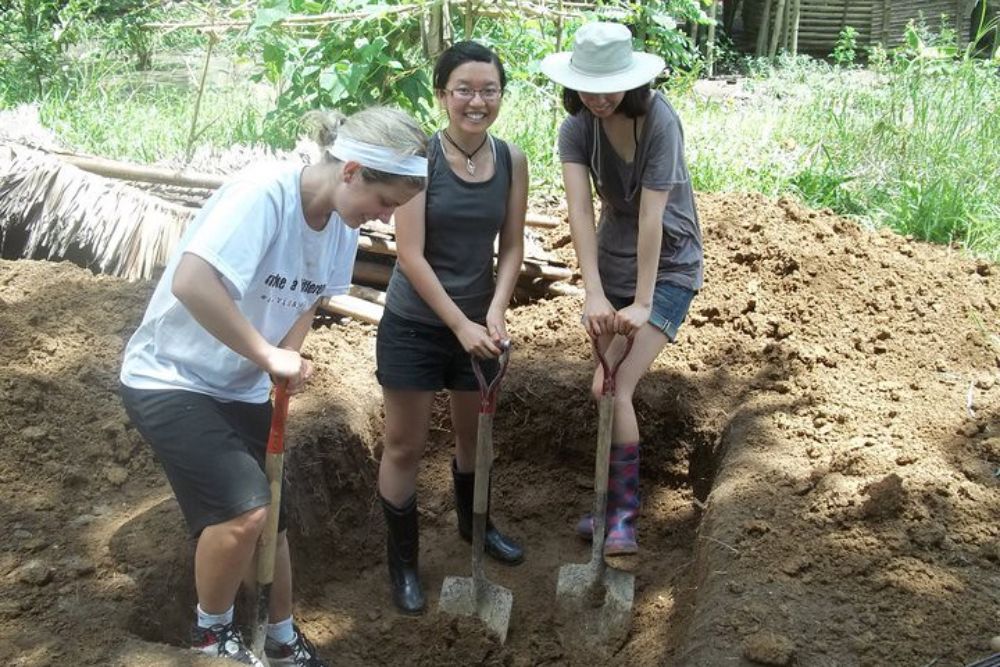
Local organizations welcome visitors who want to contribute to community development while learning about social challenges and cultural solutions. Teaching English, building projects, and environmental cleanups provide opportunities to work alongside residents.
These experiences reveal community values, social structures, and collective problem-solving approaches. The shared purpose creates meaningful cultural connections through action rather than observation.
Like Travel Pug’s content? Follow us on MSN.
Cultural Celebrations and Parades
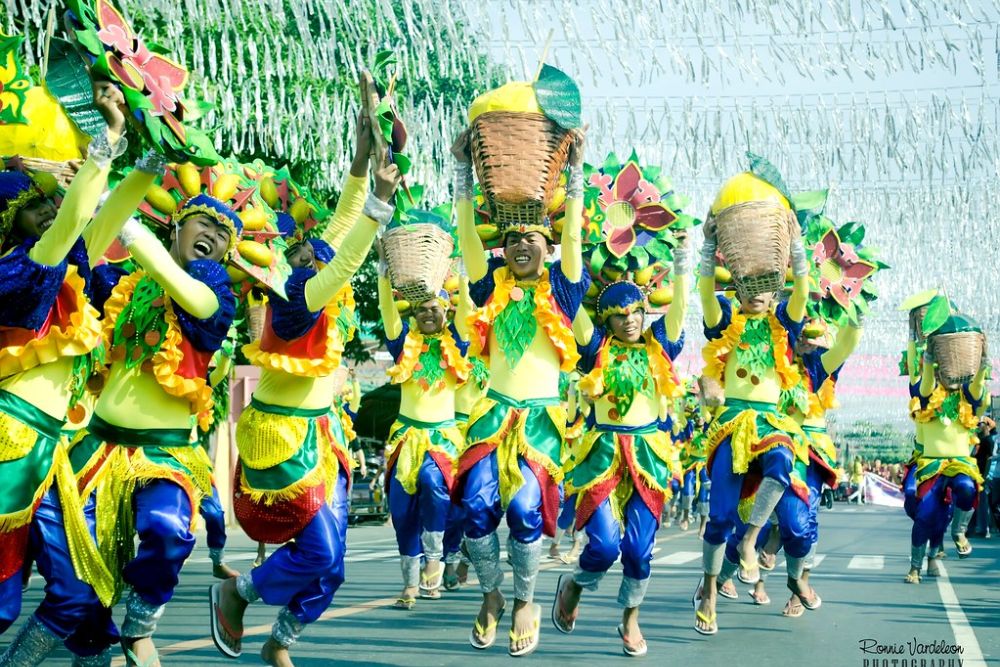
Public festivals and parades showcase cultural pride, historical commemorations, and community solidarity through colorful displays and participation. Independence Day celebrations, cultural heritage festivals, and religious processions welcome observers and sometimes participants.
These events reveal how communities celebrate identity, remember history, and maintain traditions. The public nature makes them accessible, while the emotional investment makes them authentic.
Living Culture Continues
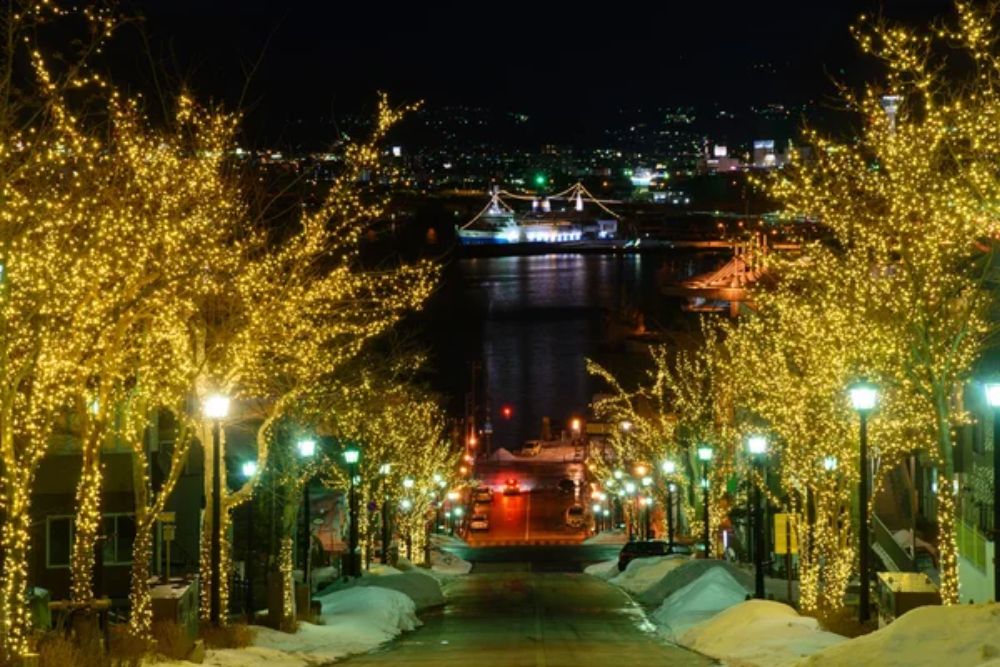
These experiences prove that culture thrives wherever people gather to share traditions, create art, prepare food, and build community. The most meaningful cultural education happens through participation rather than observation, creating memories and connections that last far longer than museum visits. Each interaction adds depth to your understanding while contributing to the preservation of living traditions that museums can only attempt to preserve.
More from Travel Pug

- 20 Best Beach Towns in the Carolinas
- 13 Destinations Where Tourists Regularly Regret Their Trip
- 20 Things You Actually Get in First Class
- 20 Small Airports With Aviation Museums
- 20 Places in the U.S. That Are Perfect for a Reset Trip
Like Travel Pug’s content? Follow us on MSN.
